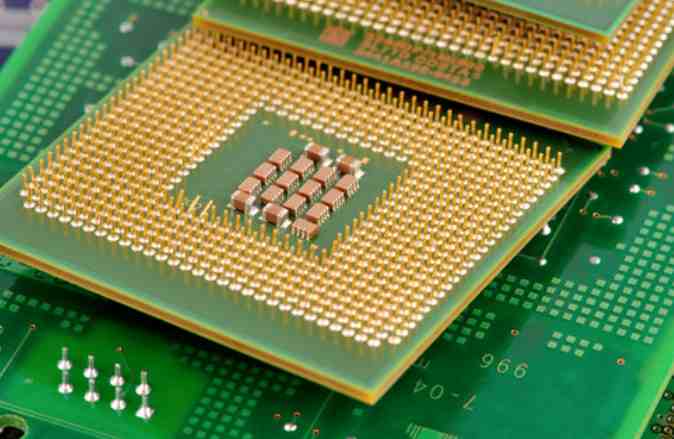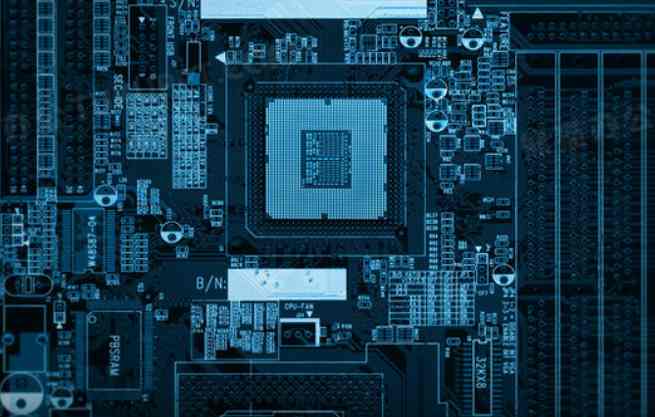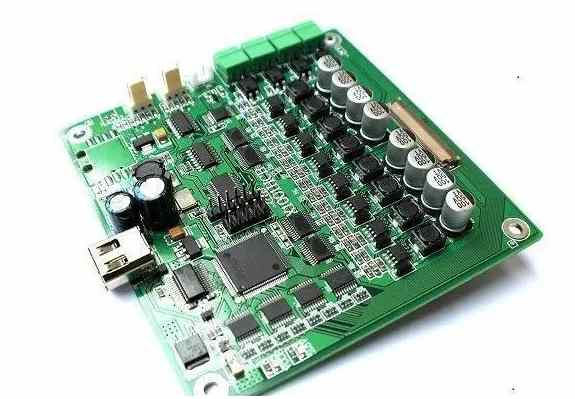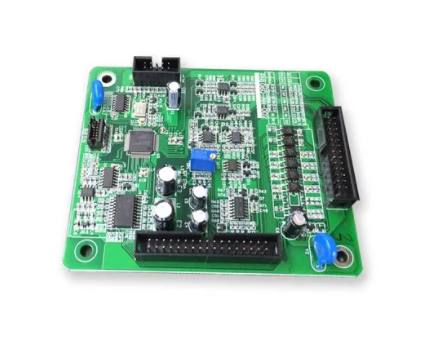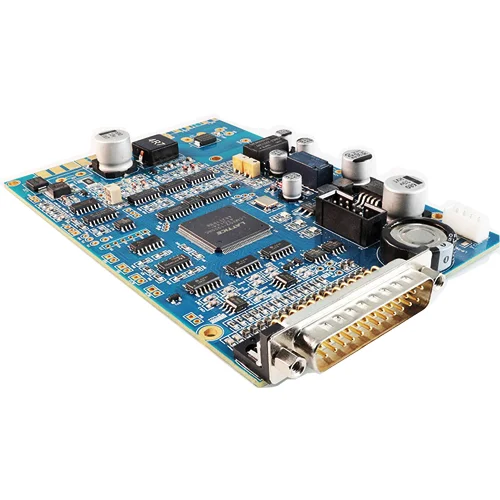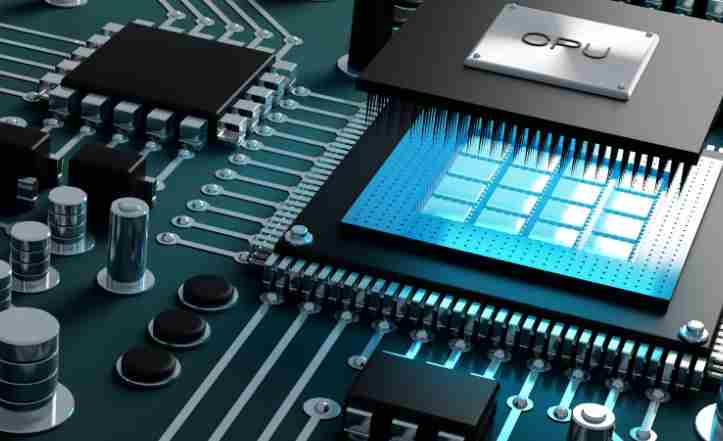
Zhang Li said that relevant experts believe that the recent occurrence of heavy pollution incidents is related to the pollution problems accumulated by the disorderly development of mineral resources in China in the past few decades. However, he stressed that in addition to the heavy metal pollution problems left over from historical development, other industries involved in heavy metal pollution, especially electronics, electrical appliances and other industries should also pay great attention. "China's home appliances industry is already a mature industry with a market size of more than 600 billion yuan, and correspondingly, e-waste is also rising at an annual rate of 8 to 10 percent."
Zhang Li further said that the entire process of IT products from production to scrap, in fact, involves heavy metal pollution, "electronic products in their production process will cause heavy metal pollution from many links, especially TV, computer, mobile phone, audio and other electronic products, containing cadmium, lead, mercury, hexvalent chromium, brominated flame retardants and other large number of toxic and harmful substances." These will have a significant impact on the ecological environment."
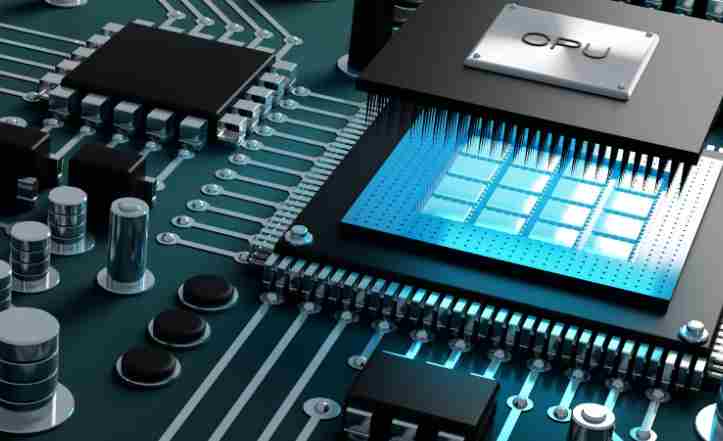
Ma Jun said that they organized the original intention of the survey, because "IT product manufacturing is one of the sources of heavy metal emissions, and China is the veritable world factory of the IT industry, about half of the world's computers, mobile phones, digital cameras produced in China, heavy metal emissions should be highly concerned."
Ma Jun said that their research focused on heavy metal emissions related to the manufacturing of IT products, especially the battery industry related to IT products and the electroplating industry related to the manufacturing of printed circuit boards(PCB). "PCBS are mainly involved in copper, nickel, nickel compounds and chromium pollution, and batteries/power supplies are mostly involved in lead pollution."
Printed circuit boards are an integral part of today's IT products. "We found that a large number of PCB manufacturers could not stably discharge according to the standards, causing serious pollution to local rivers, soil and offshore waters." Ma Jun said.
In Huiyang District of Huizhou City, Guangdong Province, where the circuit board industry is quite concentrated, the district government said in 2008 that the water quality of the Danshui river flowing through the local was seriously affected, pointing out: "At present, the pollution in the Danshui River basin mainly exists in heavy pollution-type enterprises such as electroplating, tanning, printing and dyeing, and circuit boards, such as excessive discharge, aging facilities, workshop floor corrosion, complex pipelines, insufficient environmental protection files, and unstable pollution control implementation and operation.
According to the Marine Environmental Quality Bulletin of Guangdong Province in 2008, among the major pollutant fluxes carried into the sea by the runoff of some rivers in the province that year, 8,813 tons of heavy metals entered the sea in the Pearl River, 85 tons in the Rongjiang River and 14 tons in the Shenzhen River. "Nearly six years of monitoring shows that almost all coastal waters in Guangzhou, Dongguan and Zhongshan are seriously polluted, and the western waters of Shenzhen and part of the coastal waters of Zhuhai are also seriously polluted." The ecosystem in the ecological monitoring area of the Pearl River Estuary is already in an unhealthy state, with high levels of heavy metals in some organisms, great changes in habitat, and abnormal community structure."
"This means that in 2008, a large amount of pollutants were carried from the land to the ocean," Ma said. "We know that heavy metals can be deposited, migrated and accumulated, but even after this series of deposition, so much heavy metal was washed into the ocean, causing almost the entire coastal area of Guangzhou, Dongguan and Zhongshan to be seriously polluted."
The IT industry, especially the battery/power supply industry, which is essential to the telecommunications industry, involves the discharge of lead in many links of its production chain, causing air, water and soil pollution, and even directly causing blood lead incidents.
Ke said that after the lead entered the human body, it would harm the human nervous system, digestion and other systems, and its impact on the brain was particularly serious, "It can damage the hippocampus region of the brain tube learning and memory, which means that lead can lead to intellectual decline, and some animal experiments prove that this can be inherited, so some people propose that lead is the top killer in the Chinese nation."
Ke said that the influence range of the current lead contamination is already huge, "The Ministry of Health in 1981 to 1998 had a survey, the results showed that during this period, the blood lead of adults in the city increased from an average of 60 micrograms per liter to 78 micrograms, that is, an increase of 30%." There is no data available in recent years, but it is generally believed that this figure will be roughly close to the standard [100 micrograms per liter] bottom line, and some even think that 20% of Chinese adults have excessive blood lead is a conservative estimate."


